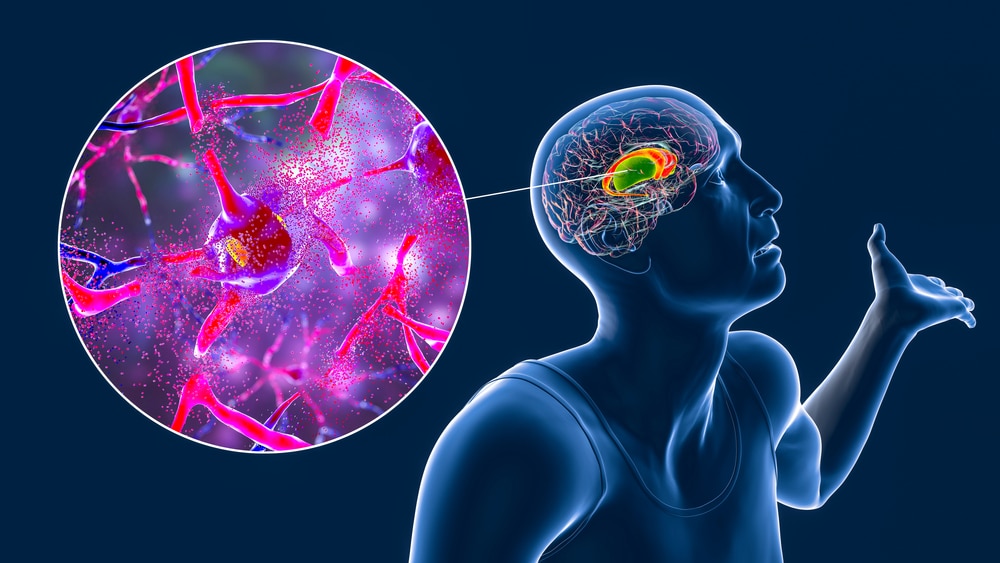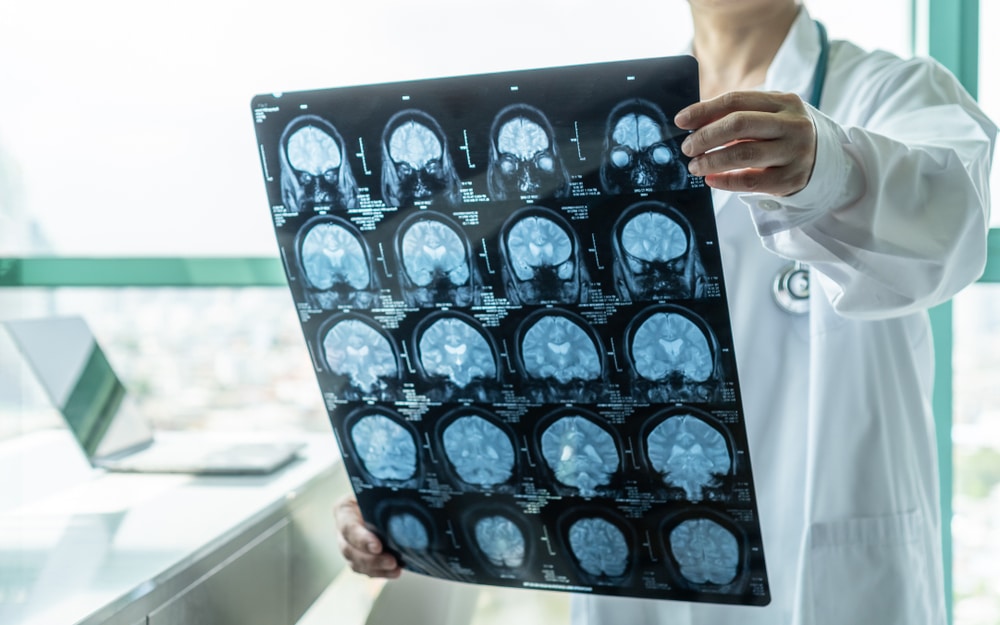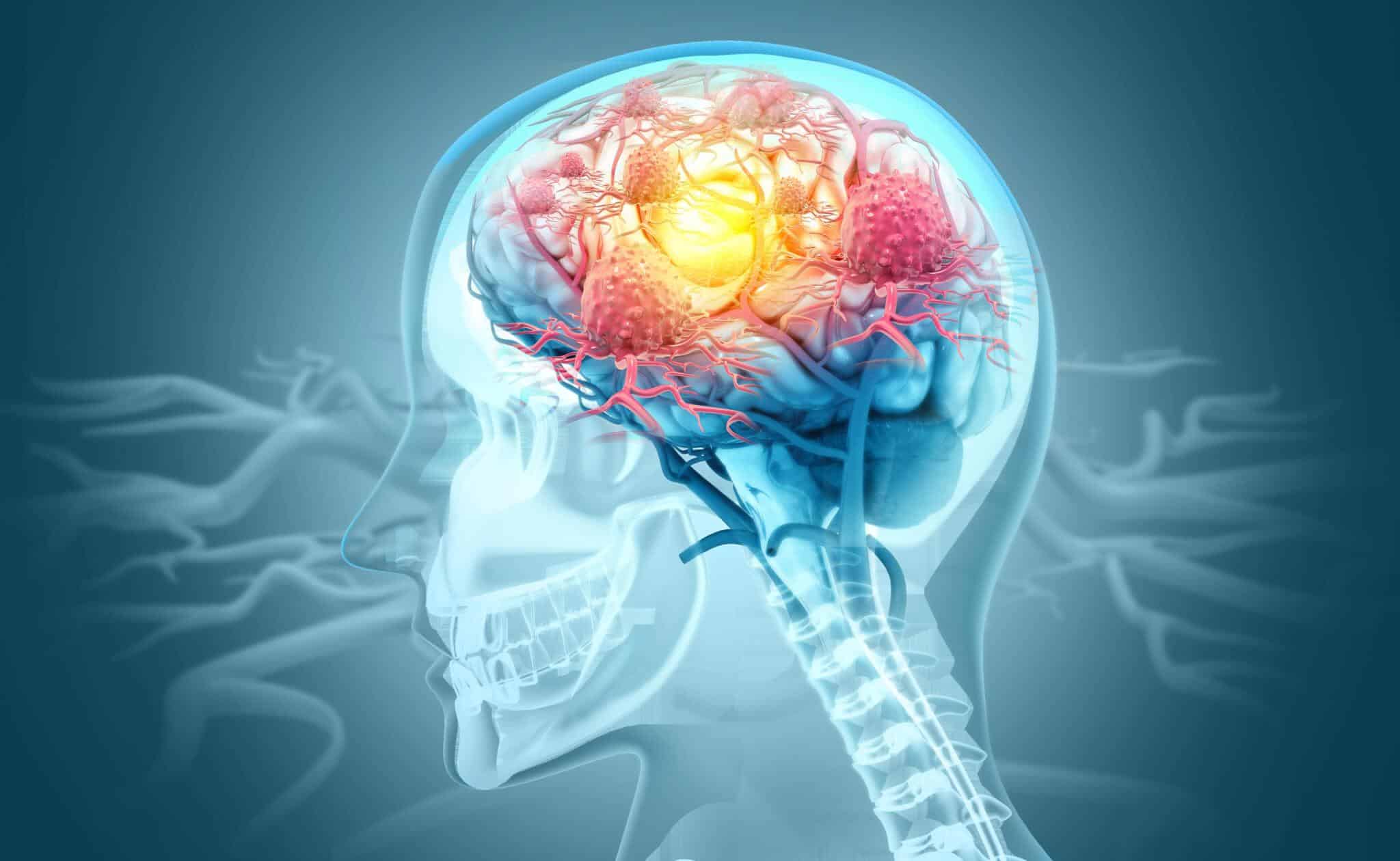- Home
- About Us
- Book Appointment
- Treatments
- Alzheimer’s Disease
- Anti-Aging
- Autism
- Autoimmune Disorders
- Back Pain
- COPD
- Crohns Disease And Ulcerative Colitis
- Erectile dysfunction and Penis enlargement
- Fibromyalgia
- Hip Pain
- Knee Pain
- Lupus
- Lyme Disease
- Multiple Sclerosis
- Muscular dystrophy
- Parkinsons Disease
- Peripheral And Diabetic Neuropathy
- Post Cancer Treatments
- Post Stroke Recovery
- Psoriasis
- Rheumatoid Arthritis
- Shoulder Pain
- Join The Club
- Aesthetics
- Blog
- Contact Us


